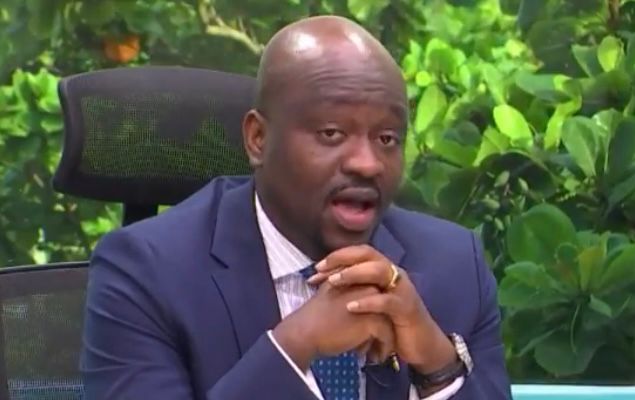The controversy surrounding the whereabouts and potential extradition of Sedinam Tamakloe, former CEO of the Microfinance and Small Loans Centre (MASLOC), has sparked accusations of selective justice against the current National Democratic Congress (NDC) government led by John Mahama. Michael Kosi Dedey, a Ghanaian engineer and policy analyst, ignited the debate by questioning the government’s commitment to bringing Tamakloe back to Ghana to serve her 10-year jail sentence for corruption. Dedey’s pointed inquiry highlighted the perceived inaction in retrieving Tamakloe, who was convicted during the previous New Patriotic Party (NPP) administration. This perceived inaction, according to Dedey, suggests a selective approach to combating corruption, potentially favoring individuals affiliated with the ruling party.
Hamza Suhuyini, a member of the NDC communication team, countered these accusations, arguing that they are unfair and misrepresent the government’s efforts. Suhuyini emphasized that the NPP, despite prosecuting Tamakloe, was also unable to secure her extradition. He explained that the legal processes involved in extradition are complex and time-consuming, often involving international cooperation and navigating various legal hurdles. He maintained that these processes are ongoing, and the current NDC government is committed to pursuing them diligently. Suhuyini stressed that the government’s inability to locate Tamakloe should not be interpreted as a lack of interest in bringing her to justice. He pointed out that the previous administration also faced the same challenge in locating her, highlighting the complexities of the situation.
Central to Suhuyini’s defense is the assertion that neither the NDC as a party nor President Mahama and his administration currently know Tamakloe’s whereabouts. This lack of knowledge, he argues, makes it impossible to take immediate action. However, he reiterated that the government is actively engaged in the necessary processes to locate and extradite her. Suhuyini called for a more balanced and informed approach to assessing the government’s actions, suggesting that critics should seek clarification and information before drawing conclusions about the government’s commitment to the case. He emphasized that demanding updates is legitimate, but accusing the government of disinterest without seeking information is problematic.
The case against Tamakloe and Daniel Axim, the former Chief Operating Officer of MASLOC, involved a complex web of charges, including causing financial loss to the state, theft, conspiracy to steal, money laundering, and contravening public procurement laws. Their conviction in 2024 represented a significant victory in the fight against corruption in Ghana. However, Tamakloe’s subsequent disappearance has raised questions about the effectiveness of the justice system in ensuring accountability and enforcing convictions. The ongoing debate surrounding her extradition underscores the challenges inherent in pursuing justice across international borders and highlights the need for robust mechanisms for international cooperation in criminal matters.
The exchange between Dedey and Suhuyini reflects the broader public discourse on corruption and accountability in Ghana. The public’s demand for transparency and action against those found guilty of corruption is palpable. The case of Sedinam Tamakloe serves as a focal point for this discussion, raising questions about the government’s commitment to pursuing justice regardless of political affiliation. The ongoing debate also brings into focus the complexities of international extradition processes and the need for continuous improvement in these mechanisms.
Ultimately, the resolution of this issue hinges on the successful location and extradition of Sedinam Tamakloe. The government’s ability to bring her back to Ghana to serve her sentence will be a crucial test of its commitment to fighting corruption and upholding the rule of law. The public’s scrutiny will remain intense, and the government’s actions will be closely monitored to ensure transparency and accountability in this high-profile case. The outcome will undoubtedly have significant implications for public trust in the government’s commitment to combating corruption and ensuring that justice is served.


